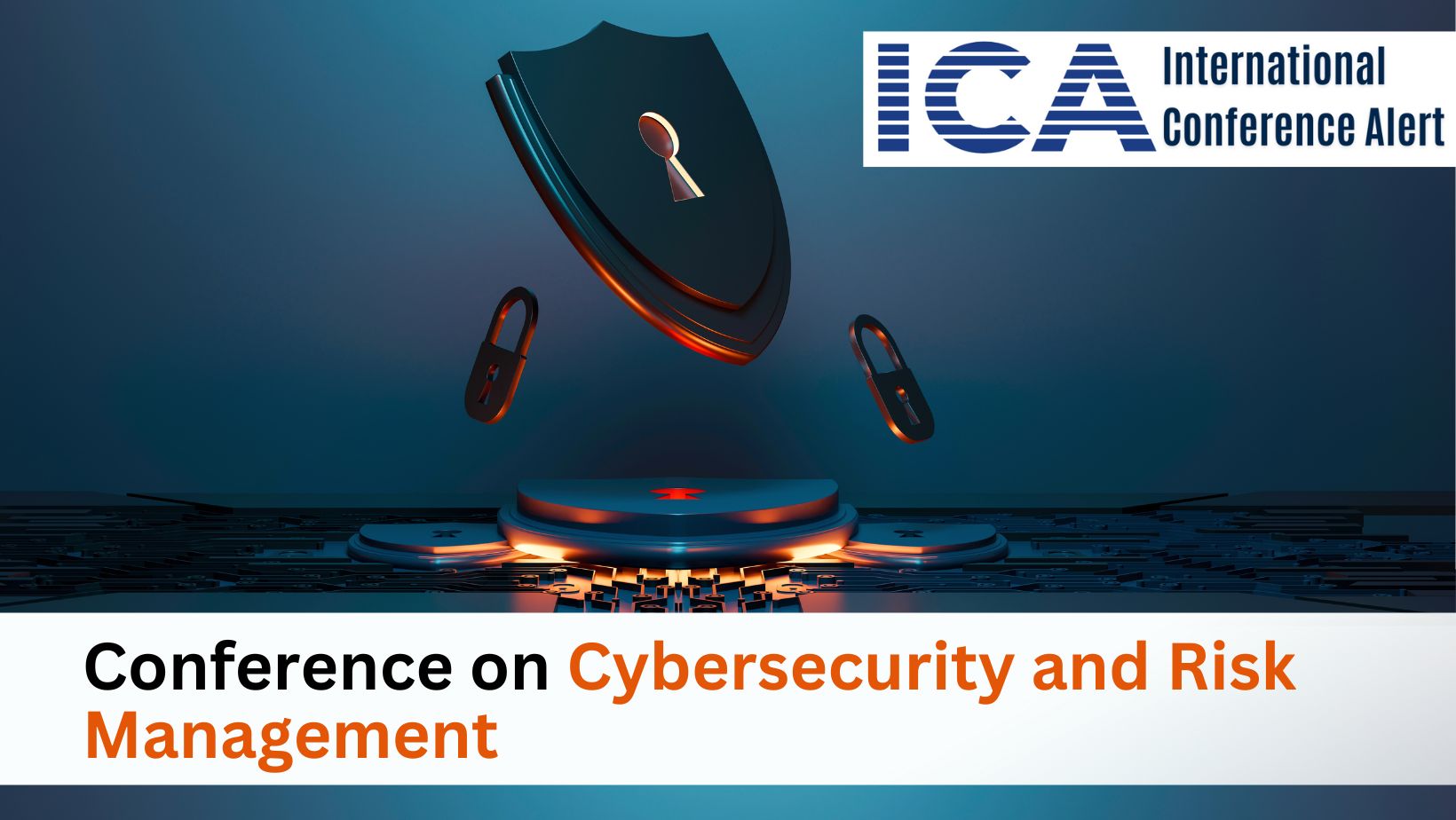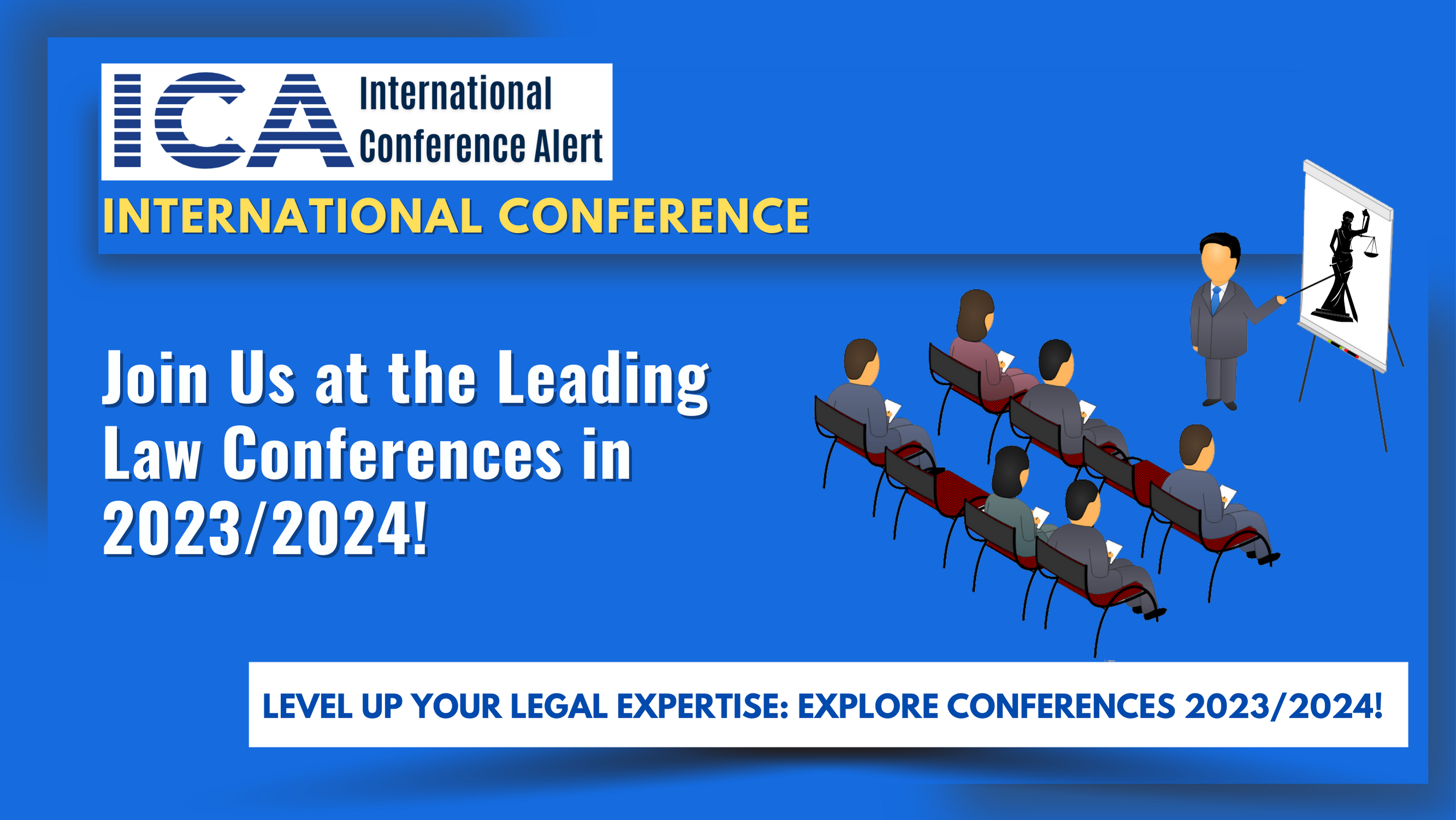As a Ph.D. student, you may wonder why you should attend conferences and present your research. After all, conferences can be expensive, time-consuming, and stressful. Presenting a paper at a conference can also be a valuable way of raising your profile as a researcher and advancing your academic career. We will explore how conferences help Ph.D. students in their academic journey and provide some tips on how to prepare and deliver a successful conference presentation.
Sharing Research and Receiving Feedback:
Conferences offer Ph.D. students an opportunity to present their research to a knowledgeable audience. By delivering presentations or poster sessions, students can engage with experts in their field and receive valuable feedback. This feedback helps refine their research methodologies, identify gaps in their work, and gain insights into potential improvements. The constructive criticism received at conferences can significantly contribute to the overall quality of their research.
Networking and Collaborations:
Conferences bring together scholars, researchers, and industry professionals from around the globe. Ph.D. students can network with experts in their field, build relationships, and establish connections that may lead to future collaborations. Engaging in discussions with peers and established researchers can open doors to new research directions, partnerships, and career opportunities.
Staying Updated with the Latest Research:
Conferences showcase the latest advancements, discoveries, and trends in various disciplines. Attending conferences enables Ph.D. students to broaden their knowledge and stay up-to-date with the most recent research findings. By attending keynote speeches, panel discussions, and interactive sessions, students gain exposure to cutting-edge studies, innovative methodologies, and emerging theories. This exposure enhances their understanding of the field and helps them incorporate new ideas into their own research.
Enhancing Presentation and Communication Skills
Presenting research papers or posters at conferences provides an excellent opportunity for Ph.D. students to enhance their presentation and communication skills. The process of preparing for a conference presentation involves condensing complex research into a concise and coherent format, helping students develop effective communication strategies. The experience gained through presenting in front of an audience also boosts their confidence and prepares them for future academic or professional presentations.
Building a Professional Reputation:
Active participation in conferences allows Ph.D. students to establish themselves as credible researchers in their respective fields. By presenting their work and engaging in discussions, students can build a positive reputation within the academic community. This recognition can lead to invitations to contribute as guest speakers, reviewers, or collaborators, further enhancing their professional profile.
Expanding Horizons and Perspective:
Attending conferences exposes Ph.D. students to diverse perspectives, ideas, and methodologies. Interacting with researchers from different backgrounds challenges existing beliefs and broadens horizons. Exposure to interdisciplinary research encourages students to think beyond the limitations of their own field, fostering innovation and creativity.
Conclusion:
Conferences play a pivotal role in the academic journey of Ph.D. students. From receiving valuable feedback on their research to expanding their professional network, these events offer a multitude of benefits. By attending conferences, Ph.D. students can enhance their research skills, stay updated with the latest developments, and establish themselves as credible contributors to their field. These invaluable experiences contribute significantly to their overall academic growth and success.
Conference Alert is a website that provides free and reliable information about upcoming academic conferences around the world. You can search by keyword, category, country, or date to find the most suitable conferences for you. You can also subscribe to conference alerts and get notified by email about the latest conferences in your field. Don’t miss this opportunity to learn, network, and grow as a PhD student. Visit conferencealert.com today and start your conference journey!



